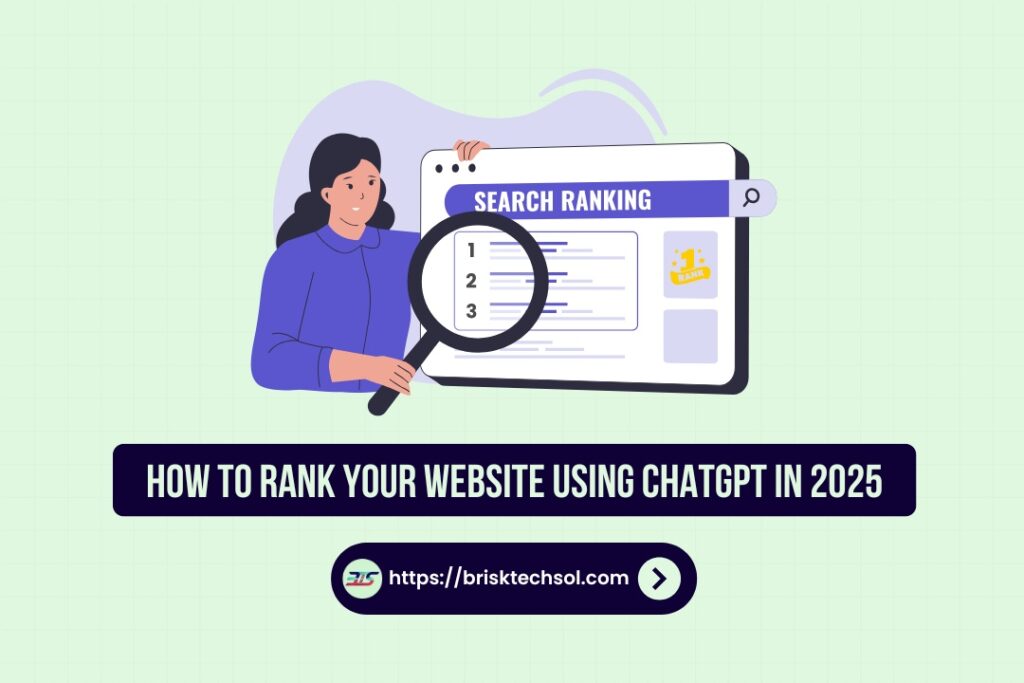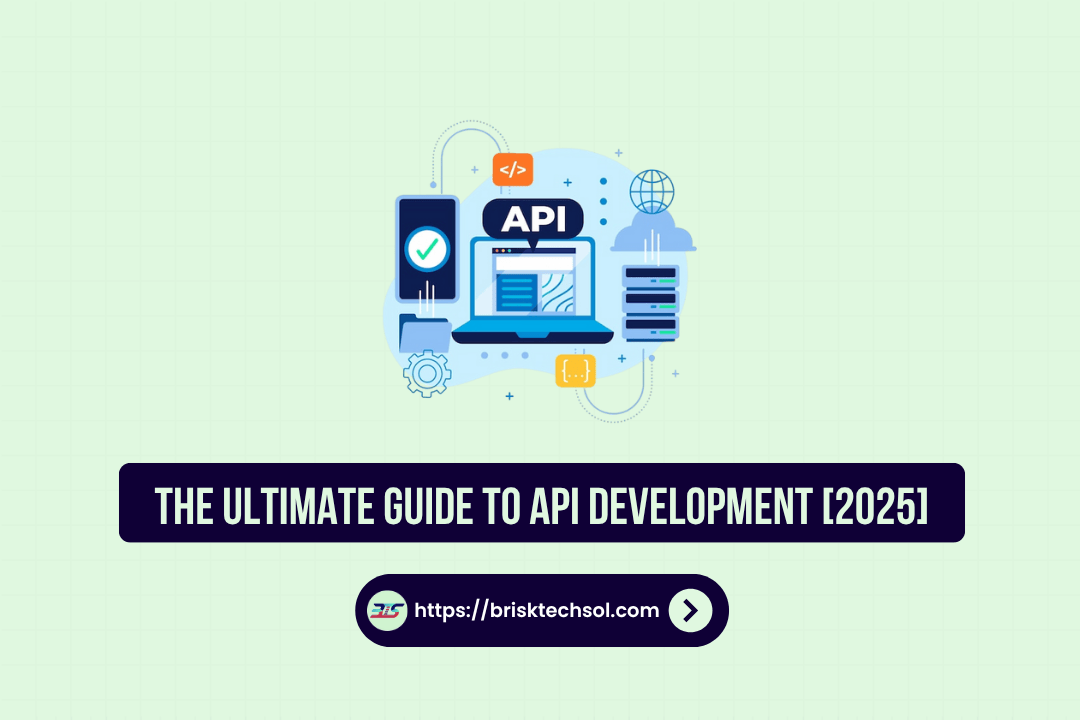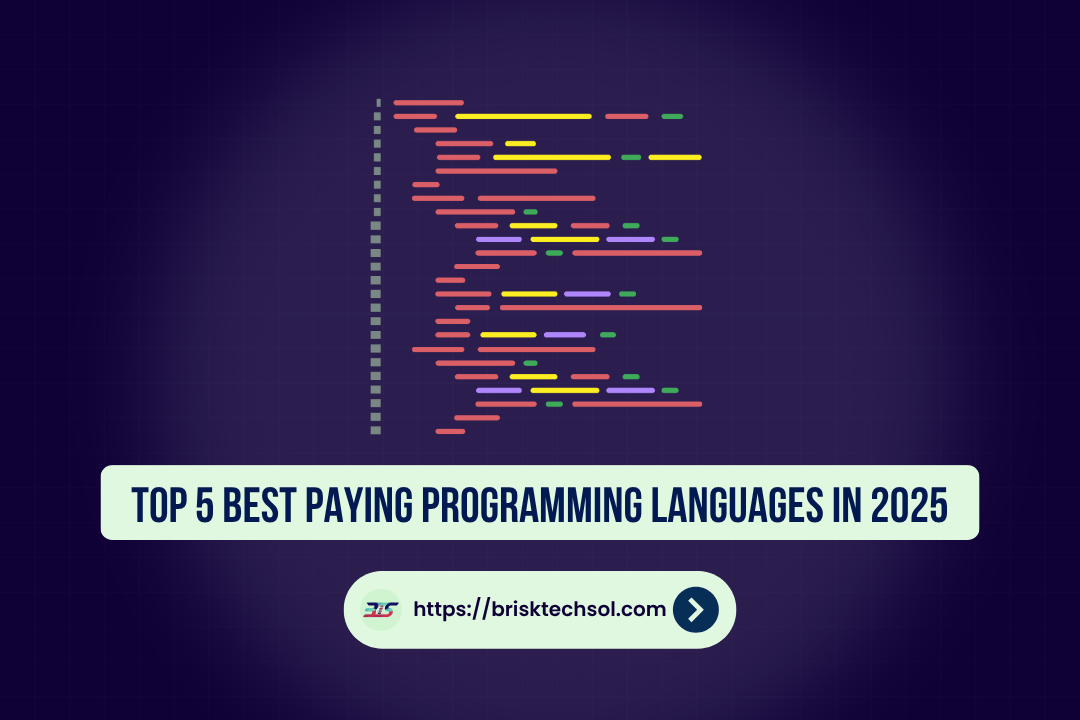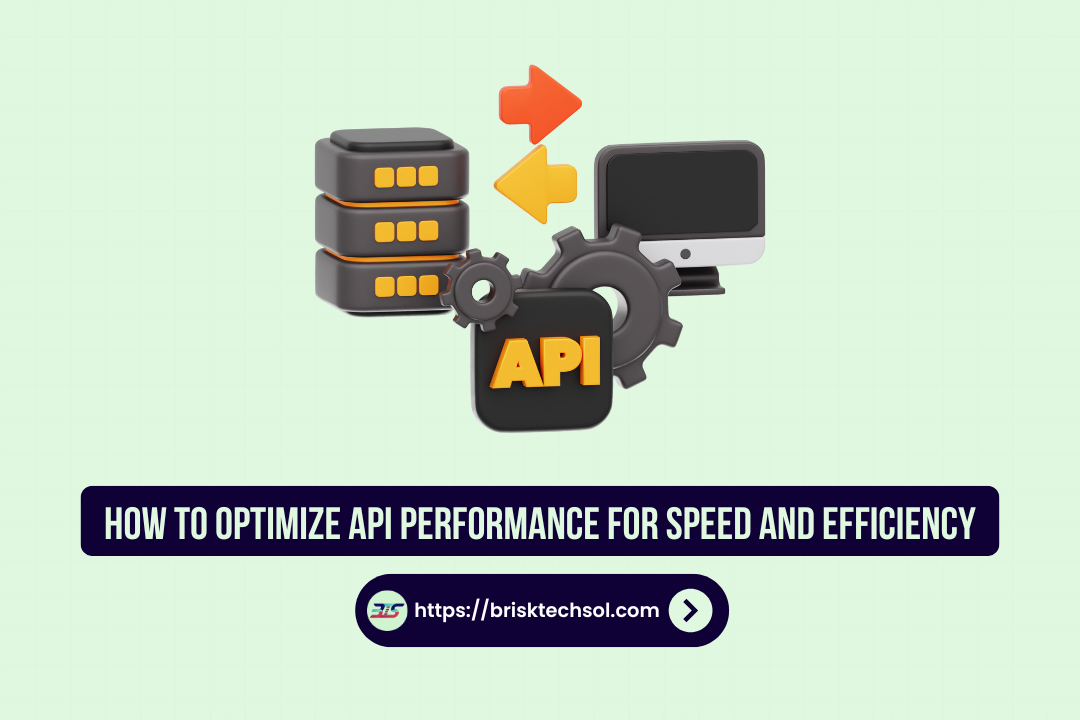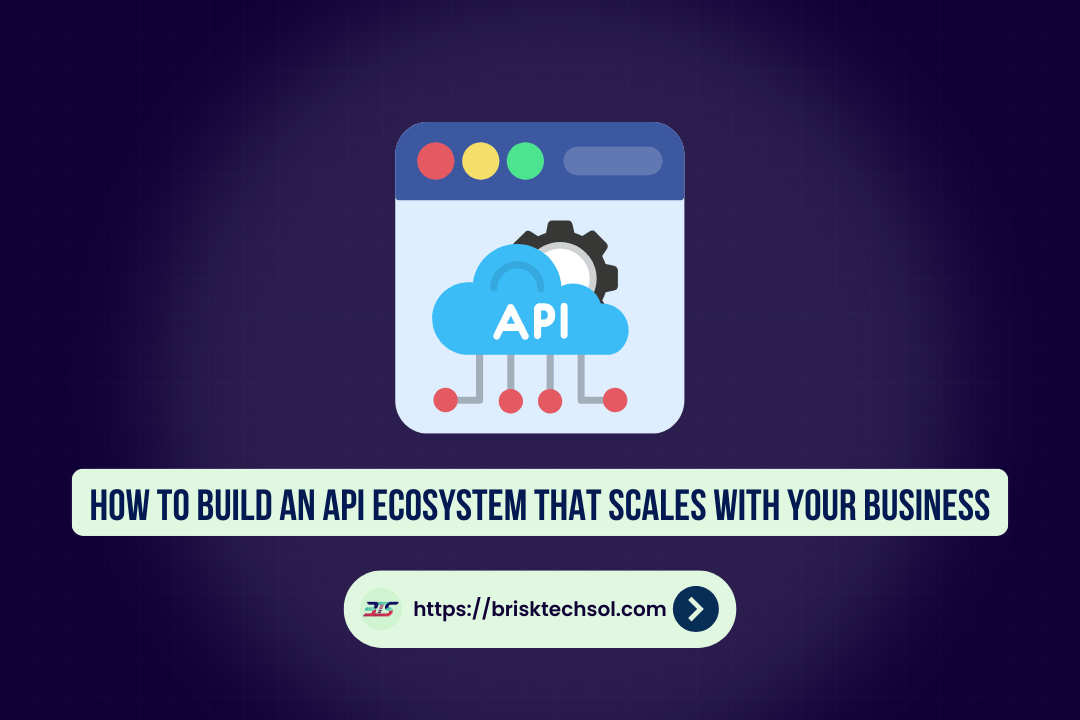Getting your website noticed is more important than ever. With the rise of AI tools like ChatGPT, creating content, researching keywords, and engaging your audience have become much easier. In this article, we’ll show you simple steps to use ChatGPT to help boost your website’s ranking. We’ll cover practical tips, share SEO advice, and answer common questions to help you succeed online.
ChatGPT’s Role in SEO
AI in Content Marketing
AI has changed the way we create and share content. ChatGPT’s ability to understand and generate human-like text makes it a great helper for writing articles that are both interesting and clear. This is important for SEO, as search engines favor content that is engaging and useful to readers.
Benefits of Using ChatGPT for SEO
- Speed: Create high-quality articles, blog posts, and social media content much faster than traditional methods.
- Consistency: Keep a steady tone and style across all your content, which strengthens your brand.
- Scalability: Produce lots of content without losing quality, so your website always stays fresh.
- Insightful Data: Use AI to study keyword trends and user behavior, helping you create content that truly meets your audience’s needs.
By using ChatGPT in your content plan, you can simplify the writing process and improve your website’s SEO performance.
Setting Up Your SEO Strategy for 2025
Keyword Research and Analysis
Before you start writing, it’s important to find out which keywords your audience is searching for. Use tools like Google Keyword Planner, SEMrush, or Ahrefs to get data on the best search terms. Focus on long-tail keywords because they often have less competition and can attract visitors who are more likely to be interested in your content.
Steps for Effective Keyword Research:
- Know Your Niche: Clearly define your industry and who you are writing for.
- List Main Keywords: Write down the main topics and words related to your business.
- Expand with Long-Tail Keywords: Use keyword tools to find longer phrases that match specific searches.
- Study Your Competitors: Look at the keywords your competitors rank for and see where you can fill the gaps.
- Choose Based on Search Volume and Relevance: Pick keywords that have a good mix of search volume and relevance to your topic.
Planning Your Content Calendar
Consistency matters in SEO. Create a content calendar to schedule regular posts, covering both timeless topics and current trends. This not only helps improve your SEO but also keeps your readers coming back for more.
Knowing Your Audience
Understanding what your readers need helps you write content that solves their problems and answers their questions. Develop clear profiles of your target readers, including details like age, interests, and common challenges.
Using ChatGPT for Content Creation
Writing High-Quality, SEO-Friendly Content
ChatGPT can help you produce clear and well-organized content that can boost your website’s ranking. Here’s how to get the most out of ChatGPT:
- Create Detailed Outlines: Begin by making outlines for your articles. Include your main keywords and desired headings, and let ChatGPT help you organize your ideas.
- Draft the Article: With the outline ready, use ChatGPT to write the first draft. Focus on making your writing clear, relevant, and engaging.
- Review and Edit: Even though ChatGPT creates great content, a human review is important to check for accuracy, flow, and to ensure it fits your brand’s voice.
- Include Internal and External Links: Add links within your content to other pages on your website, as well as links to trustworthy external sites that support your points.
Tips for Using ChatGPT Well
- Clear Prompts: Give clear and specific instructions to guide ChatGPT in writing the content you need.
- Refine Iteratively: Run several rounds of edits to improve clarity, SEO relevance, and overall quality.
- Blend Keywords Naturally: Make sure your target keywords fit naturally into the content. Avoid overusing them, as this can hurt readability.
Real-World Success with AI-Driven Content
Many businesses have already seen a boost in their organic traffic by using ChatGPT for content creation. Websites that mix AI-driven writing with human editing often report higher user engagement and improved SERP rankings. This success comes from producing content that is both relevant and easy to read.
Optimizing Keywords and Metadata
On-Page SEO Basics
Using keywords correctly means more than just placing them in your article. Here are some key elements where ChatGPT can help:
- Title Tags: Write catchy, keyword-rich titles that clearly describe your page.
- Meta Descriptions: Create meta descriptions that include your target keywords and encourage people to click on your link.
- Header Tags (H1, H2, H3): Use headers to break up your content into clear sections. This helps readers and search engines understand your page better.
- Alt Text for Images: Write descriptive text for your images that includes relevant keywords when appropriate.
Generating Metadata with ChatGPT
ChatGPT can also help you produce optimized title tags and meta descriptions. Provide it with your main keywords and a short summary of your content, and let it offer several variations. This makes it easier to choose the best option for your SEO needs.
Improving User Engagement and Experience
Creating Content That Connects
Engaging your visitors is a major factor for better rankings. ChatGPT can help you craft content that keeps your audience interested. Here are some ideas:
- FAQs Sections: Write detailed FAQs that answer common questions. This not only makes your content more useful but also increases the chance of appearing in rich snippets.
- Interactive Content: Develop quizzes, calculators, or simple infographics that provide value and invite readers to interact.
- Personalized Messages: Use ChatGPT to create tailored content for different groups of readers. When your content speaks directly to the needs of your audience, it’s more likely to keep them engaged.
Making Content Easy to Read
A well-organized article is key to keeping readers interested. Consider these tips:
- Short Paragraphs: Break up your text into smaller, manageable sections.
- Bullet Points and Lists: Use bullet points to highlight important information, making your content easier to scan.
- Visuals: Include images, simple charts, or videos to break up the text and add visual interest.
- Mobile-Friendly Design: Ensure your website works well on mobile devices. With many users browsing on their phones, a smooth mobile experience is essential.
Mixing ChatGPT with Other SEO Tools
Combining AI with Traditional Methods
ChatGPT is a valuable tool, but it works best when used alongside other SEO tools. Here’s how to create a smooth workflow:
- Analytics Tools: Use Google Analytics or similar tools to monitor visitor behavior, page performance, and conversion rates. This data helps you shape your content strategy and fine-tune ChatGPT’s outputs.
- SEO Software: Pair ChatGPT with tools like SEMrush, Ahrefs, or Moz for detailed keyword analysis and competitor research.
- Content Management Systems (CMS): Many modern CMS platforms offer plugins that work with AI tools. These plugins can help automate content updates, metadata generation, and suggest internal linking opportunities.
- Social Media Tools: Let ChatGPT help you create social media posts that drive traffic back to your site. Using scheduling tools can ensure that your social media content stays consistent with your overall marketing plan.
Automation and Workflow
Automating routine tasks saves time and reduces mistakes. For example, you can set up workflows where drafts made by ChatGPT are sent automatically to your editing team for review. This process ensures that your content is both high quality and optimized for SEO.
Checking and Updating Your Strategy
Regular Performance Checks
SEO is an ongoing process. Regularly review your website’s performance using key metrics such as:
- Organic Traffic: Keep an eye on trends in organic traffic to see how well your SEO efforts are working.
- Bounce Rate and Time on Site: Check how users interact with your content. A high bounce rate might mean that your content isn’t meeting visitors’ expectations.
- Keyword Rankings: Track how your chosen keywords perform over time. Tools like Google Search Console can help you see which keywords bring in the most traffic.
- Conversion Rates: Ultimately, the goal of SEO is to turn visitors into customers or leads. Monitor your conversion rates to ensure your strategy is working.
Adjusting to Changes in Search Algorithms
Search engines like Google update their ranking methods often. Stay informed about these updates by following trusted SEO blogs, joining industry forums, and keeping an eye on official announcements. When changes happen, update your content, tweak your metadata, or adjust your linking strategy as needed.
Learning from Your Data
Use the insights you gain from analytics to improve the prompts you give to ChatGPT. For example, if you see that a friendly, conversational tone works better, adjust your instructions to reflect that style. This ongoing feedback helps keep your content fresh and effective.
Conclusion
In 2025, using AI for SEO is more crucial than ever. ChatGPT helps you create clear, engaging content that meets modern SEO standards, from basic keyword research to fine-tuning your metadata and combining AI with traditional tools. Following these steps can boost your website’s rankings, enhance user experience, and drive more engagement and conversions.
FAQs
Q1: How does ChatGPT help improve my website’s SEO?
ChatGPT makes it easier to create clear, engaging content that naturally includes your target keywords. It can help with everything from drafting articles to writing optimized titles and meta descriptions, speeding up your content creation process.
Q2: Should I rely only on ChatGPT for my content?
While ChatGPT is a strong tool, it works best when combined with human editing. A skilled writer can polish the AI-generated content to ensure accuracy, clarity, and the right tone for your brand. A mix of AI and human input usually produces the best results.
Q3: What are the best ways to include keywords in my content?
The best practice is to do thorough keyword research, use long-tail keywords, and naturally insert them into your content. Also, make sure your titles, meta descriptions, and headers are optimized. Avoid stuffing keywords, as that can make your text hard to read.
Q4: How can I keep my website ahead in 2025?
Keep learning and updating your methods. Regularly check SEO news, follow changes in search engine rules, and combine AI tools like ChatGPT with traditional SEO practices. Stay active in SEO communities and online groups to share ideas and tips.
Q5: Is ChatGPT good for creating local content?
Yes, ChatGPT can help you write local content by including region-specific keywords and local trends. This targeted approach can help you rank better in local search results and connect with readers in your area.


